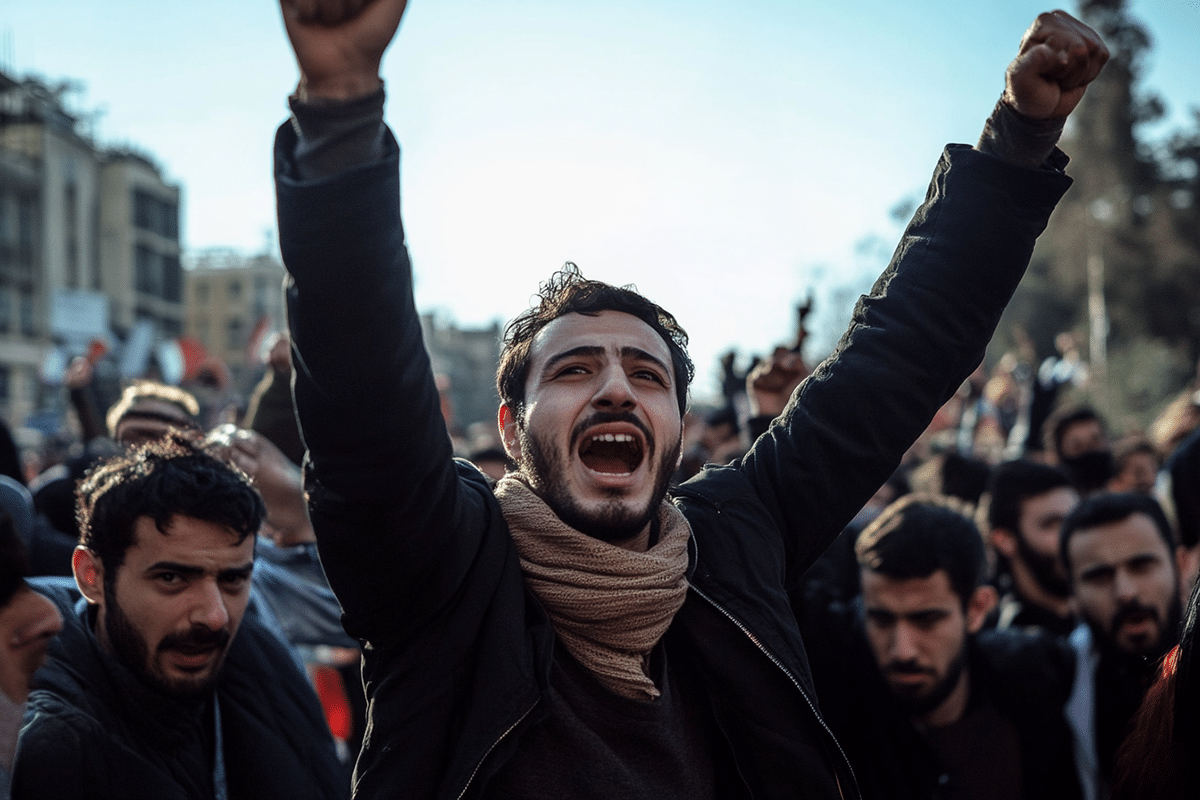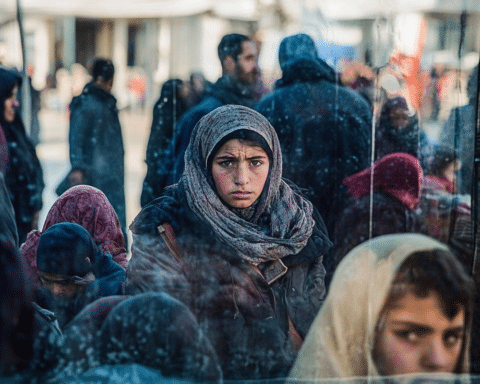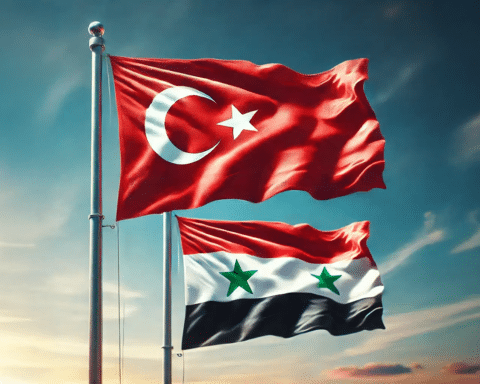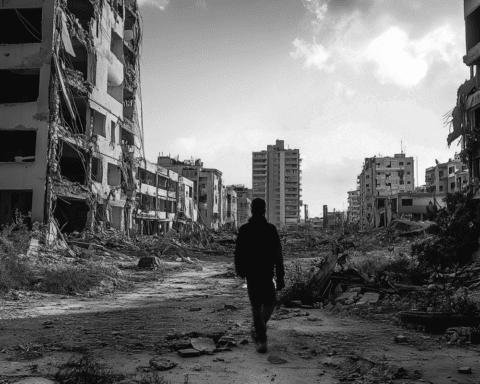Damascus is navigating a critical transition following the overthrow of President Bashar Assad by rebel forces over the weekend. The Syrian government, led by Prime Minister Mohammed Ghazi Jalali, has vowed to maintain functionality despite significant challenges, both foreign and domestic. With most ministers still working from offices in the capital, Jalali has emphasized efforts to ensure a smooth transition of power.
A Nation in Flux
The ousting of Assad has spurred a wave of refugees to return from neighboring countries, driven by hopes of a more peaceful Syria. However, the rebel-led coalition, which now controls much of the country, faces immediate obstacles in governance and unifying the fractured nation. Led by Ahmad al-Sharaa, formerly associated with al-Qaida, the coalition has pledged to create a representative government grounded in inclusivity and tolerance.
In Damascus, life is slowly returning to normal. Civilian traffic has resumed, but public transport remains unavailable, and many shops and public institutions are still closed. Long queues outside bakeries reflect lingering concerns about food security. A diminished security presence in the city has led to sporadic patrols by armed groups aiming to reassure residents and maintain order.
Government Disruptions and Challenges
Despite the prime minister’s assurances, the country’s government services are facing severe disruptions. State workers have largely avoided returning to their posts, bringing vital services like airports and border operations to a standstill. The United Nations reports that humanitarian aid delivery has been delayed due to the absence of aviation personnel. Judges in Damascus are preparing to resume court functions, signaling efforts to rebuild judicial systems under new leadership.
The fall of Assad has also led to significant uncertainty among government employees. Many who previously worked under his regime are now adjusting to the reality of a rebel-led administration, with concerns about stability and the preservation of essential services.
Regional and International Dynamics
The geopolitical landscape has shifted dramatically with Assad’s exile to Russia. The Kremlin confirmed granting him political asylum, though his specific location remains undisclosed. Meanwhile, Israel has intensified its military actions in Syria, targeting suspected chemical weapons and missile sites to prevent them from falling into extremist hands. Israeli forces temporarily seized a buffer zone in southern Syria, citing national security concerns.
In northern Syria, Turkey’s influence has grown as its allied opposition forces took control of the town of Manbij from U.S.-backed Kurdish forces. A Turkish drone strike in eastern Syria killed 12 civilians, underscoring ongoing tensions. Turkey’s leadership has expressed hope for an inclusive Syrian government while reaffirming its commitment to preventing extremist groups from gaining a foothold in the region.
A Divided Nation
Even as Assad’s departure marks a turning point, Syria remains fractured. The nation is divided among various armed groups, each with conflicting ideologies and goals. In Damascus, armed patrols have become a familiar sight in some neighborhoods, aiming to maintain calm during this volatile period.
This delicate stability is overshadowed by incidents of violence, such as the unexplained death of a high-ranking aide to Assad’s brother. The persistent presence of armed factions and the lack of a cohesive government add significant challenges to Syria’s rebuilding efforts.
A Path Forward
The rebel leadership faces the monumental task of addressing the nation’s humanitarian needs while maintaining order and navigating the complexities of regional politics. As Syria begins this new chapter, its future remains uncertain, shaped by both the aspirations of its people and the competing interests of external powers.
With challenges looming, the promise of a peaceful and inclusive Syria is a goal that will require concerted efforts from all stakeholders. The coming weeks will determine whether the nation can overcome its divisions and move toward stability.





